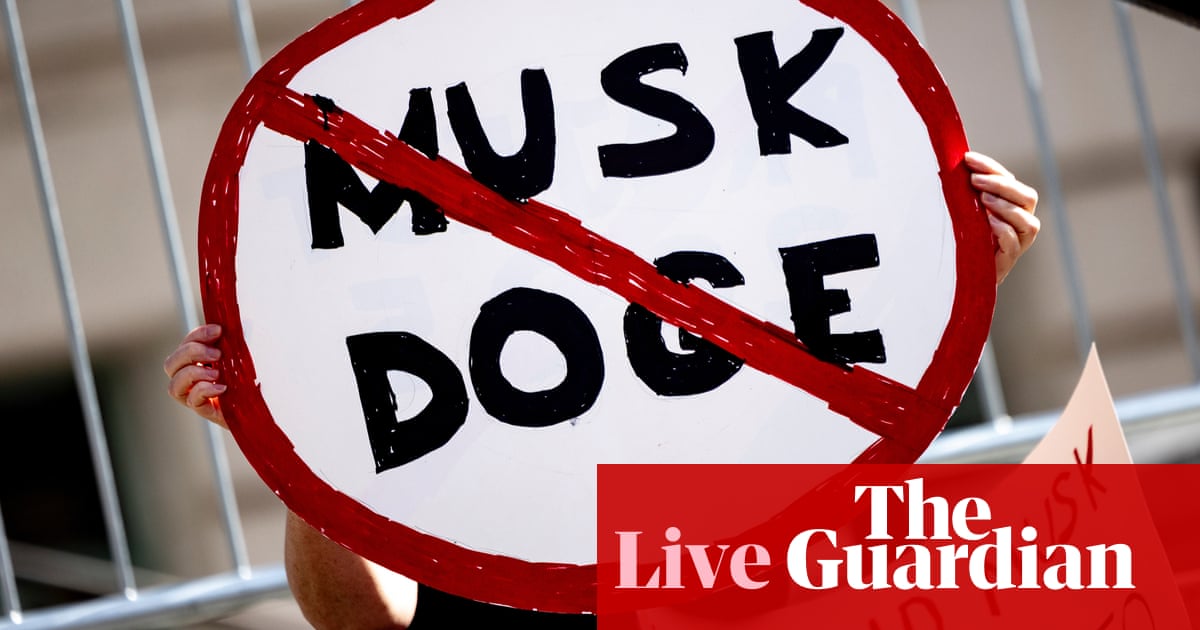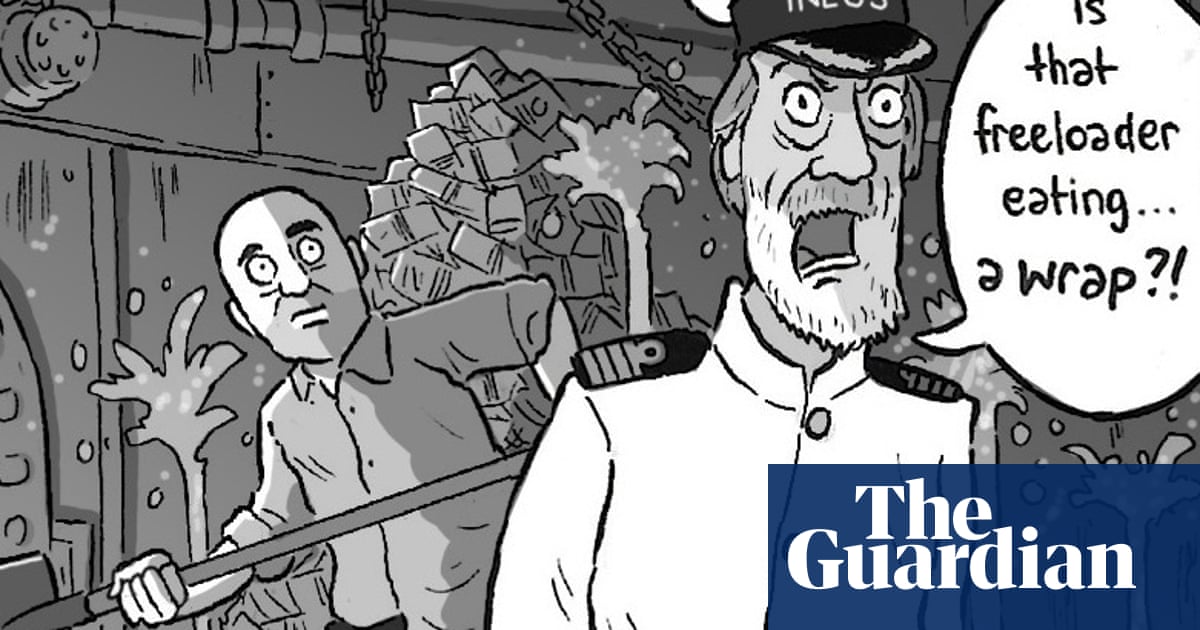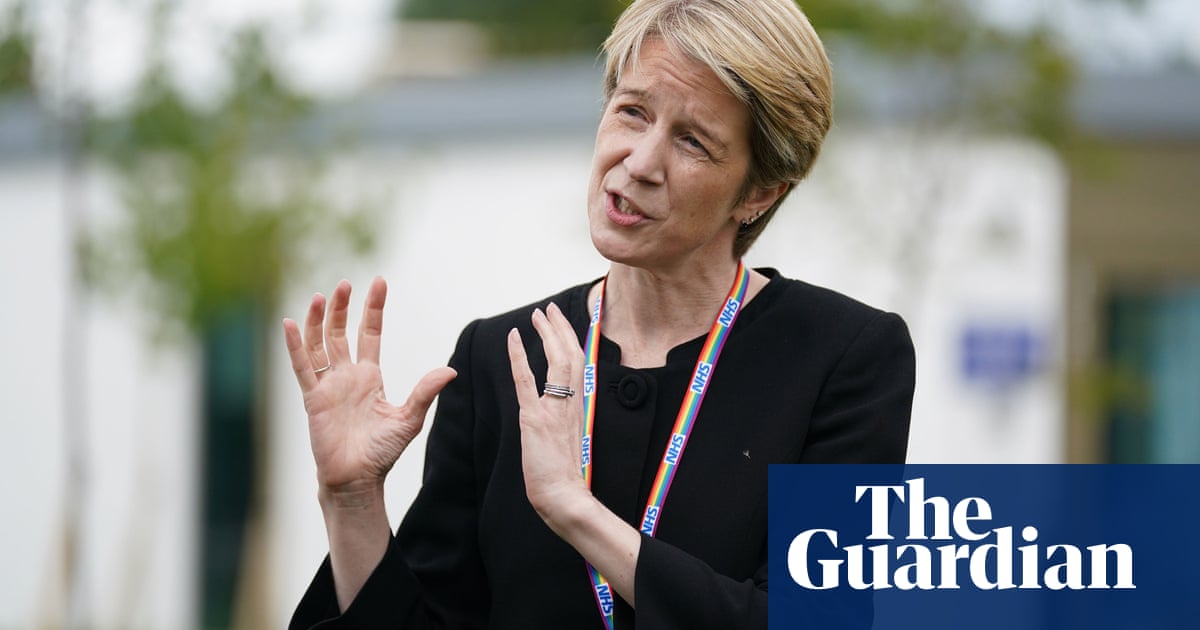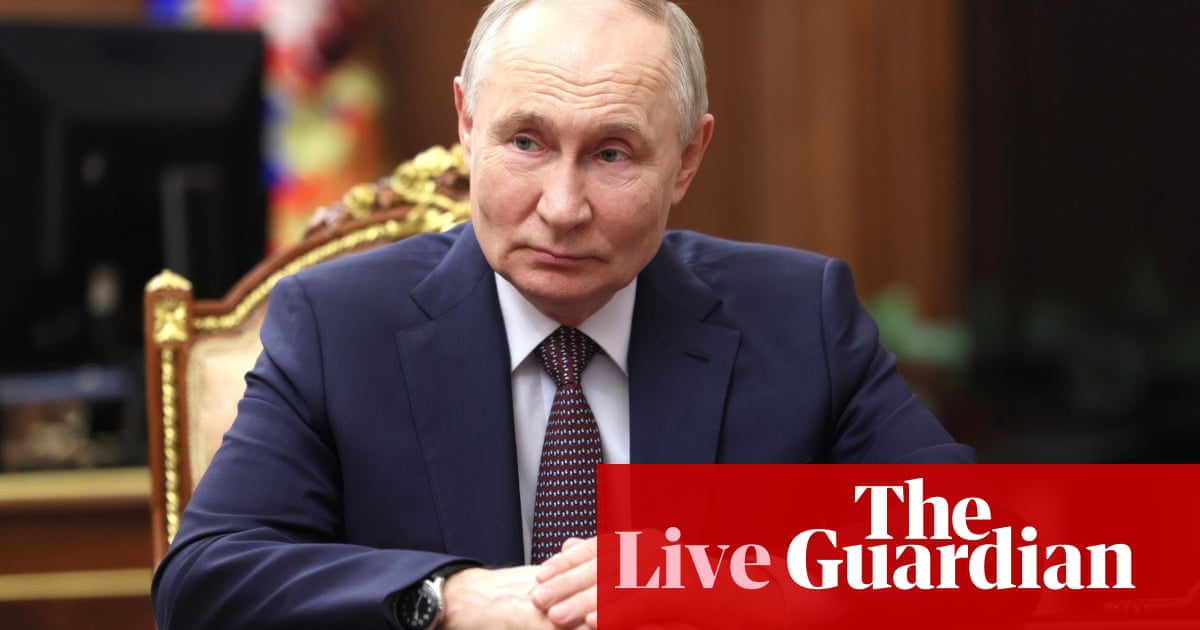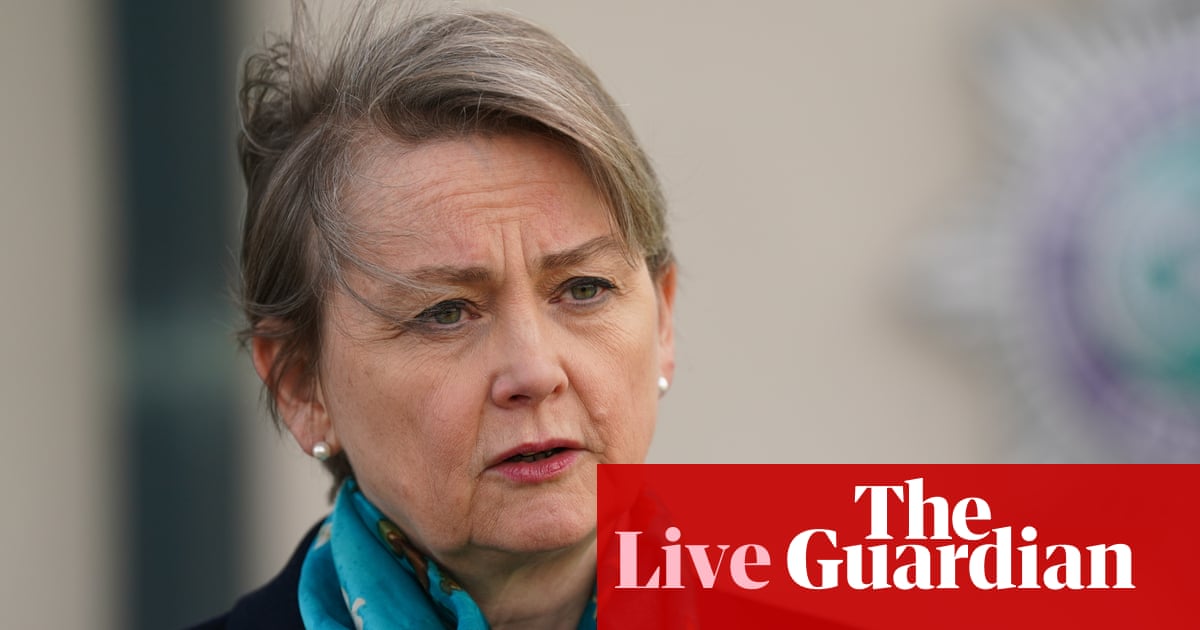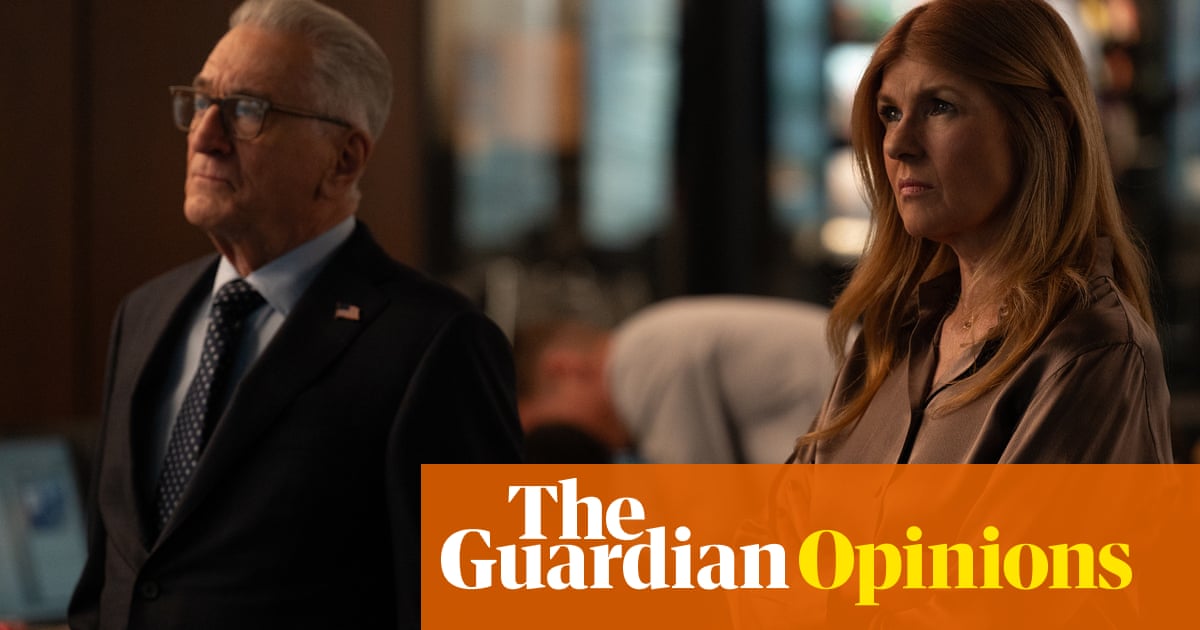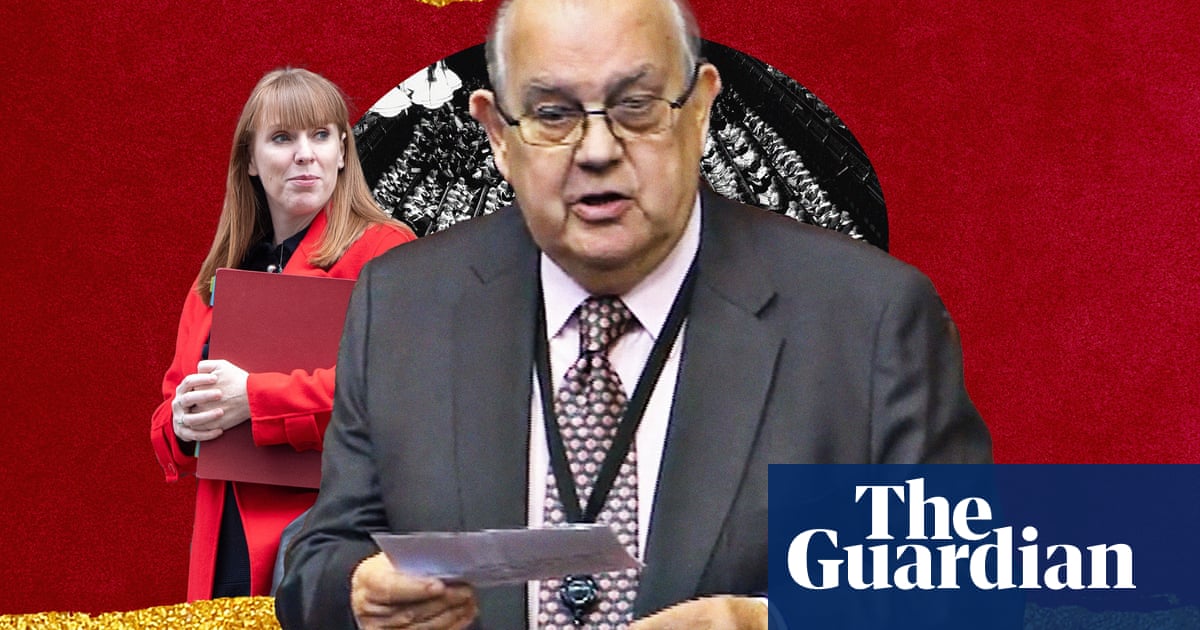On the third anniversary of Russia’s invasion of Ukraine, British policy towards the war is in a mess. The continuing official British position, echoed by all the main media, has been “no peace without a Ukraine victory” – meaning, centrally, the expulsion of Russia from all territories seized since 2014. President Trump’s active search for a compromise peace tears up this script.
When a long, consistently pursued policy ends in a shambles, it is time to reflect on what was right and what was wrong about it, and what might still be done to reinsert Britain into a process to which it has become largely irrelevant.
What was right was the forthright condemnation of Russia’s so-called “special military operation” in Ukraine. Most of the world’s governments agreed: by 141 votes to five, with 35 abstentions, the UN general assembly passed a resolution on 2 March 2022 condemning Russia’s aggression and demanding the withdrawal of its troops from Ukraine.
However, the British response was muddled from the start. It recognised that Ukraine could not resist the Russian attack indefinitely, but at the same time ruled out both peace negotiations and Nato military intervention. The contradiction between militaristic rhetoric and unwillingness to “do what it takes” to secure victory for fear of Russian retaliation was the crucial fissure in the British approach. No one was willing to risk nuclear war to save Ukraine.
Logically, this should have led to a search by Ukraine’s supporters for a compromise peace before Ukraine’s position significantly worsened. Peace initiatives have come from China, Brazil, South Africa, Mexico, Hungary and Pope Francis. India has consistently urged diplomacy to end the conflict.
But within the UK, the only acceptable condition of peace was a Ukrainian victory. It is even alleged that Britain’s then prime minister, Boris Johnson, scuppered a provisional peace agreement between Russia and Ukraine in early April 2022.
The question, therefore, is why almost no one in our country over the three following years has been willing to back negotiations to end the war, despite increasing recognition that Ukraine could not prevail at the existing level of military and economic support.
I wrote on this issue extensively, but found scant interest from British publications. And from my perch in the House of Lords I repeatedly heard ministers say it was up to Ukraine to decide when, and on what terms, to make peace. To give such an unconditional guarantee to a country without a formal treaty obligation was the abnegation of prudent statesmanship.
So why this refusal to back peace on any but Ukraine’s terms? Let me suggest three strands in the thinking of Britain’s governing class that culminated in the single voice.
The first, and possibly most potent, the repurposing for current use of the domino theory, developed in the cold war era to justify military resistance to the spread of communism. The argument was that if you give ground to communism in one place (eg South Vietnam), the rest of the region will topple like a row of dominoes. The post-communist version of domino theory is that if Vladimir Putin is allowed to “get away with it” in Ukraine he will seek to gobble up all the adjacent bits of Europe and “who knows where he will stop?”
Why the revival of domino theory? The answer is that with the collapse of the hopes of a fully democratic world, the ideological battle between the free and communist worlds is seen to have morphed into a global battle between democracy and dictatorship, with Ukraine positioned on the frontline of the democracies.
In this geopolitical worldview, dictatorship is the warlike, democracy the peaceful form of the state, so that Russia’s invasion of Ukraine was unprovoked by definition. This formula conveniently sets to one side any discussion of the extent to which Nato’s eastern expansion to the borders of post-communist Russia, condemned at the time as catastrophic by both George Kennan and Henry Kissinger, may have provoked Putin’s responses of 2014 and 2022.
A subset of this argument harks back to the shame of the Munich agreement of 1938 and the lessons to be drawn from it. The chief lesson was that one must never appease dictators because they will always want more: hence the continuous comparison between Putin and Hitler, with all contextual and psychological differences between the two set aside.
The second strand in British policy is moralism. In the 19th century this embraced all forms of anti-war sentiment: groups such as the Quakers who were pacifists on principle, and prudential pacifists, chiefly political economists, who attacked war because of its expense but also because they had discovered in free trade the peaceful, or non zero-sum, form of international relations. Prudential pacifists such as Richard Cobden and John Bright also assigned a large role to diplomacy to adjust economic and political differences between countries.
The imperialist surge of the second half of the 19th century increasingly submerged the pacifist approach, but not its moralism. Imperialism was repackaged as a western duty to bring civilised values to the lagging parts of the world. The sense of moral superiority and therefore of moral responsibility became the hallmark of British foreign policy in the run up to the first world war.
The third strand, dating from the second world war, is the “special relationship” with the US. What happened here is that Britain’s sense of moral responsibility for the good of the world was hived off to the new hegemon, the United States. Britain would be Greece to America’s Rome, as Harold Macmillan put it. This has given to British utterances on foreign policy their mingled flavour of moralism and impotence.
The British approach to the Ukrainian war has combined all three strands. The equation of dictatorship with war, and comparison between Putin and Hitler, precluded any diplomatic effort to end the war. There was no questioning of the moral purpose of Nato; and Britain’s Greece has been even more bellicose than America’s Rome.
Now that the British script on Ukraine has been torn up, can we somehow insert ourselves into a peace process that we repeatedly disdained? Certainly not by sending British “peacekeepers” to Ukraine, as Keir Starmer has suggested. Our prime minister must know this is a deal breaker, not maker, as there is not the slightest chance Putin will agree to it. Rather it is a desperate attempt to save Britain’s face.
What Britain and its European partners should now be doing is opening an adult conversation with Ukraine’s leadership – with Volodymyr Zelenskyy as well as his possible successors – on the kind of peace Ukraine might make that Europe would be willing to underwrite. It is by making Ukrainian voices relevant to the Trump-Putin lovefest that Britain might hope to recover its own relevance and dignity.
-
Robert Skidelsky is a crossbench peer in the House of Lords and author of Keynes: the Return of the Master and co-author of How Much Is Enough?

.png) 5 hours ago
1
5 hours ago
1
